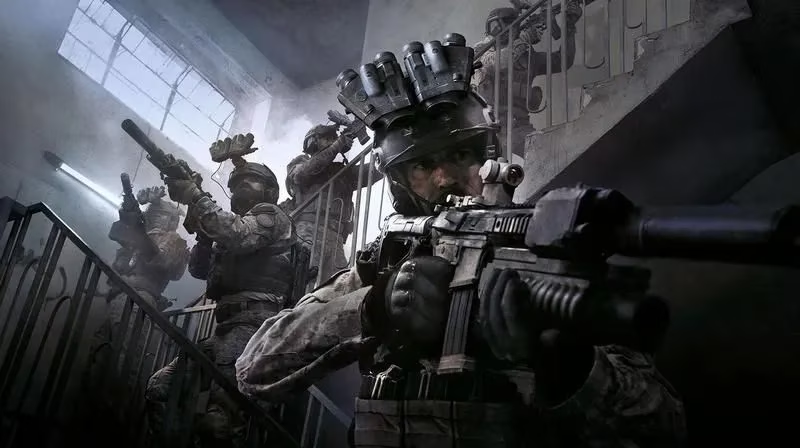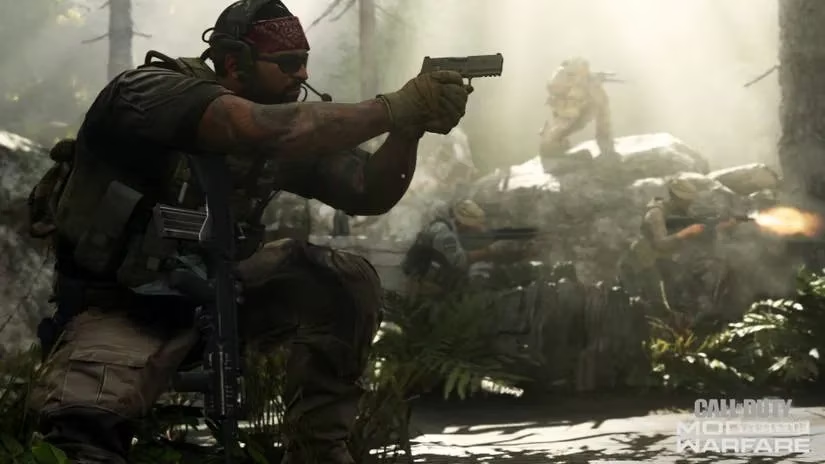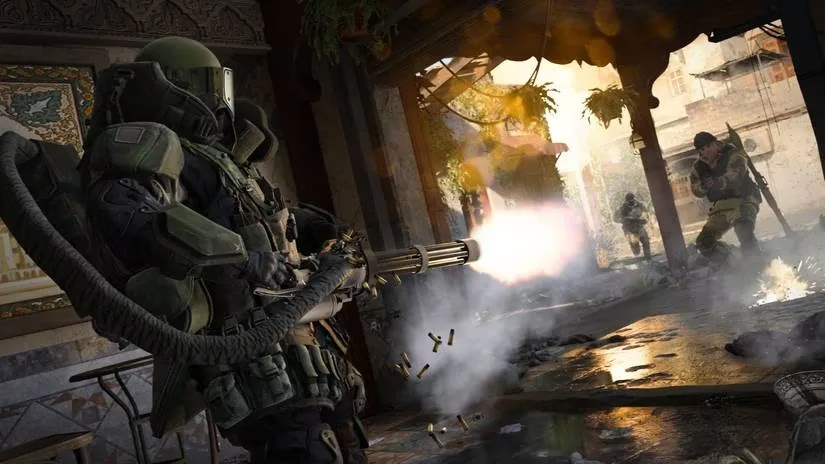I remember the firestorm when Call of Duty: Modern Warfare launched back in 2019. What was supposed to be a triumphant return for the franchise quickly turned into a geopolitical lightning rod. The backlash erupted like a thousand hornets stirred by a single stone – suddenly, Metacritic's user reviews plummeted to a dismal 2.5 rating. Players, particularly from Russia, flooded the platform with fury over how their nation was depicted as cartoonish villains "without any morality and conscience." One review seethed, "Vile propaganda and rewriting of history," while another lamented, "I'm angry how it was possible to slander the people of my country." This wasn't just criticism; it was a cultural rupture. 
The core grievance centered on Infinity Ward's handling of real-world events. They'd woven the 1991 Highway of Death – where US-led coalition forces destroyed retreating Iraqi troops – into their fictional Urzikstan conflict, but with a twisted narrative thread: they made Russia the perpetrator. Seeing historical American actions repainted as Russian atrocities felt like watching someone remix a tragic symphony into propaganda punk rock. Players uncovered this through social media deep dives, with one viral Twitter thread dissecting the parallels. Sony's abrupt removal of digital copies from the Russian PlayStation Store added fuel, though their vague statement ("not to sell at this time") left everyone guessing about motives.
What fascinates me most is the chasm between developer intentions and player perceptions. Gameplay director Jacob Minkoff had insisted pre-launch that this wasn't political, just "thematic exploration of grey areas." Narrative director Taylor Kurosaki echoed this, describing their goal as examining conflicts where "no one is purely good and no one is purely evil." Yet the execution landed like a tightrope walker ignoring the net – audiences only saw Russians as mustache-twirling oppressors. Minkoff's claim about showing "empathy for all groups" rang hollow when gameplay reduced Urzikstan's invaders to target practice. 
The review bombing stats still stagger me:
-
PC: 895 negative vs. 261 positive
-
PS4: 2,000+ negative reviews
-
Xbox: 309 negative reviews
Meanwhile, critics praised it (PS4 held an 86 rating), creating a dissonance as jarring as oil meeting seawater. This divide highlighted gaming's growing pains in handling real-world parallels. Six years later, the incident feels like a preserved insect in amber – a snapshot of when mainstream games first collided with cultural sensitivities at scale.
Looking back from 2025, Modern Warfare's legacy is dual-edged. It revolutionized gunplay and visuals but also became a cautionary tale about historical framing. The controversy didn't sink it – the franchise thrived – yet it exposed how narrative aspirations can crumble like sandcastles against tidal waves of player interpretation. 
FAQ
Q: Why did Russian players lead the review bombing?
A: They objected to being portrayed as amoral invaders in Urzikstan, drawing parallels to real-world tensions. Many felt it perpetuated harmful stereotypes during a politically sensitive era.
Q: How did the Highway of Death controversy start?
A: Players noticed the game's fictionalized version of the actual 1991 event (spearheaded by Western forces) was attributed to Russia. This historical revisionism ignited accusations of propaganda.
Q: Did developer explanations satisfy critics?
A: Not at all. Claims about "moral greyness" clashed with gameplay that cast Russians as unambiguous antagonists. The disconnect felt like serving gourmet metaphors on paper plates.
Q: How did sales/reviews stabilize long-term?
A: By 2025, the game's technical achievements overshadowed initial drama. User reviews gradually balanced out as multiplayer popularity grew, though the campaign's portrayal remains debated in gaming academia.
Q: Any lasting industry impacts?
A: Absolutely. Studios now employ cultural consultants for sensitive historical content, and platforms like Metacritic added review-bombing safeguards. It taught us that narrative ambition without contextual precision is like sending a paper airplane into a hurricane.